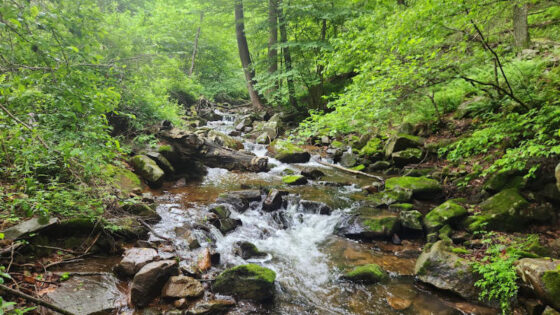Mather, M.E., G. Granco, J.S. Bergtold, M.M. Caldas, J.L. Heier Stamm, A.Y. Sheshukov, M.R. Sanderson, and M.D. Daniels. 2023. BioScience 73(12): 891–905.
Permalink/DOI (Open access)
Abstract
Scientific experts from different disciplines often struggle to mesh their specialized perspectives into the shared mindset that is needed to address difficult and persistent environmental, ecological, and societal problems. Many traditional graduate programs provide excellent research and technical skill training. However, these programs often do not teach a systematic way to learn team skills, nor do they offer a protocol for identifying and tackling increasingly integrated interdisciplinary (among disciplines) and transdisciplinary (among researchers and stakeholders) questions. As a result, professionals trained in traditional graduate programs (e.g., current graduate students and employed practitioners) may not have all of the collaborative skills needed to advance solutions to difficult scientific problems. In the present article, we illustrate a tractable, widely implementable structured process called RISE that accelerates the development of these missing skills. The RISE process (Route to Identifying, learning, and practicing interdisciplinary and transdisciplinary team Skills to address difficult Environmental problems) can be used by diverse teams as a tool for research, professional interactions, or training. RISE helps professionals with different expertise learn from each other by repeatedly asking team-developed questions that are tested using an interactive quantitative tool (e.g., agent-based models, machine learning, case studies) applied to a shared problem framework and data set. Outputs from the quantitative tool are then discussed and interpreted as a team, considering all team members’ perspectives, disciplines, and expertise. After this synthesis, RISE is repeated with new questions that the team jointly identified in earlier data interpretation discussions. As a result, individual perspectives, originally informed by disciplinary training, are complemented by a shared understanding of team function and elevated interdisciplinary knowledge.


